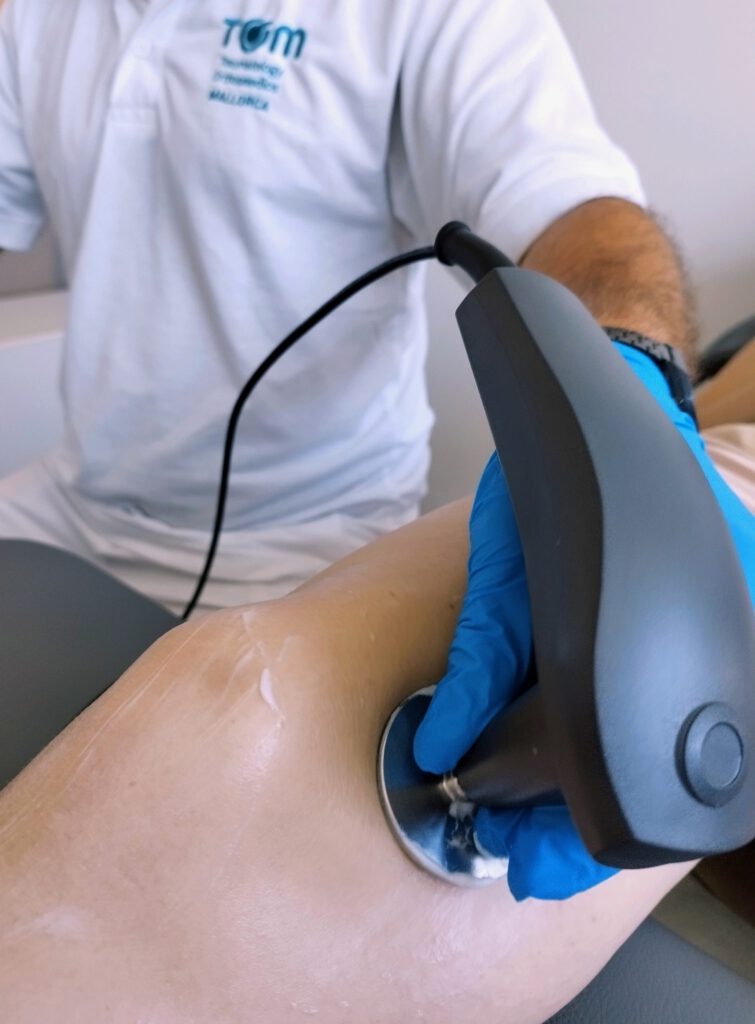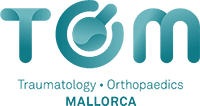Diathermy
Tecar therapy (capacitive and resistive energy transfer)
This is a form of therapy using electrical currents and therefore belongs to the group of electrotherapies. Here, current of a certain frequency is applied, which stimulates biological tissue. This has an anti-inflammatory effect and stimulates and accelerates natural healing processes. Depending on the settings of the device, the tissue can also be heated. In contrast to all other forms of heat treatment, the heat is generated in the tissue itself (endogenous heat).

Diathermy can be combined well and effectively with other forms of therapy, in particular magnetic field therapy.
The special feature of diathermy treatment is that positive effects can be felt by the patient after just a few sessions (1-2 treatments), whereas magnetic field therapy often requires several sessions to achieve the desired effects. The effects of magnetic field therapy last longer but are often more long-lasting.
How is this achieved?
Diathermy provides the transfer of energy at a specific frequency, mobilising intra- and extracellular ions and increasing tissue energy levels.
Effects of diathermy
The effects of diathermy are an increase in metabolic activity with increased ATP production, accelerated repair, increased blood circulation due to heat, improved oxygen supply to the tissue and the regression of oedema.
Indications:
- Injuries of the musculoskeletal system such as:
- Contractures
- Muscle fibre strains and ruptures
- Tendinopathies – tendon disorders
- Sprains
- Bursitis and synovitis (bursa and joint inflammation)
- Inflammatory and degenerative processes at joint level such as:
- Arthrosis & Osteoarthritis
- Discvitis (intervertebral disc)
- Arthritis (joint inflammation, rheumatism…)
- Sports physiotherapy:
- Very useful for fatigue / overload in athletes
- Prevention and treatment of muscle injuries
- Cartilage injuries
Contraindications:
- Absolutely:
- Pregnancy
- Pacemakers
- Metal implants
- Intra-uterine implants (IUD)
- Increased risk of bleeding (Marcumar, anticoagulation)
- Very acute inflammatory conditions and severe vascular damage
- Tumours, metastases
- Reduced thermal and nociceptive sensitivity
- Relative:
- Skin injuries and infections
- People with severe heart failure
- Women during the menstrual cycle
- Diabetics with severe vascular problems
- Precautions:
- People at risk of thrombosis
- People suffering from ischaemic vascular disease (thrombophlebitis)
